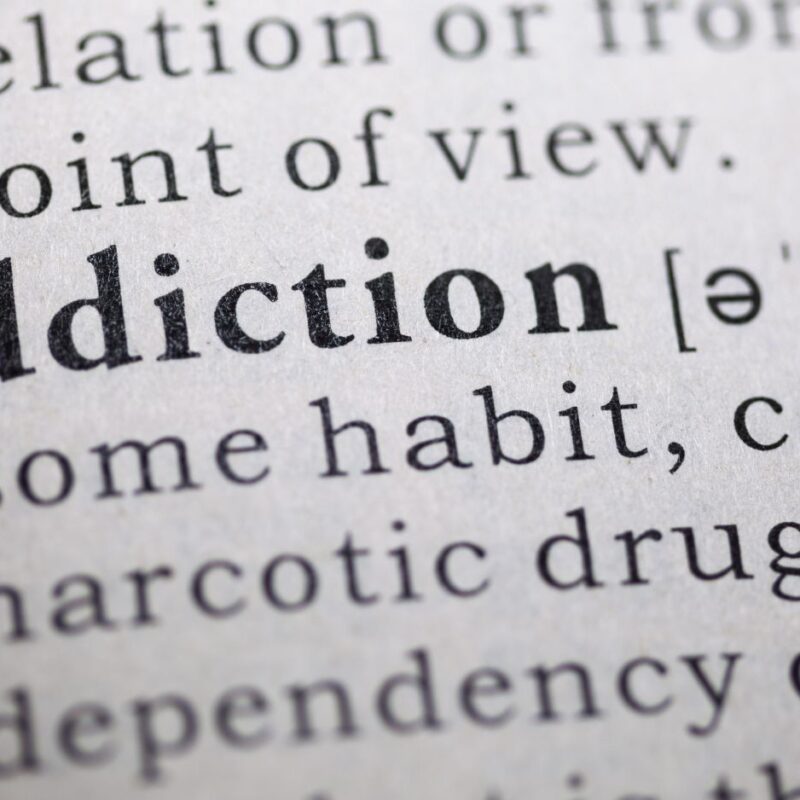As we embark on this journey to understand addiction, we’ll uncover the far-reaching impact it has on individuals, families, and society as a whole. Whether you’re seeking information for yourself or a loved one, or simply curious about this pervasive issue, join us as we explore the multifaceted world of addiction, from its roots to the path of healing.
Behavioral Changes
Addiction often manifests through noticeable shifts in a person’s behavior. These changes can be subtle at first but become more pronounced as the addiction progresses. Some key behavioral indicators include:
- Increased secrecy or lying about activities
- Neglecting responsibilities at work, school, or home
- Loss of interest in previously enjoyed hobbies or activities
- Engaging in risky behaviors to obtain or use the substance
- Financial difficulties due to spending on the addiction
People struggling with addiction may also exhibit mood swings, irritability, or defensiveness when confronted about their behavior. It’s important to note that these changes can vary depending on the type of addiction and the individual’s circumstances.
Physical Manifestations
The physical signs of addiction can be both immediate and long-term. Here’s a table outlining some common physical manifestations:
| Immediate Signs | Long-term Effects |
|---|---|
| Bloodshot eyes | Weight changes |
| Slurred speech | Deteriorating physical appearance |
| Impaired coordination | Chronic health issues |
| Changes in sleep patterns | Weakened immune system |
| Unusual body odors | Organ damage |
Additionally, individuals may experience withdrawal symptoms when they attempt to stop using the substance or engaging in the addictive behavior. These can range from mild discomfort to severe physical distress, depending on the nature and severity of the addiction.
Emotional Impact
Addiction takes a significant toll on a person’s emotional well-being. Some common emotional signs include:
- Mood swings and irritability
- Increased anxiety or depression
- Feelings of guilt or shame
- Low self-esteem
- Difficulty managing stress
These emotional changes can create a vicious cycle, as individuals may turn to their addiction as a coping mechanism, further exacerbating their emotional distress.
Social Consequences
The social impact of addiction can be far-reaching, affecting relationships, work, and overall quality of life. Some common social consequences include:
- Strained relationships with family and friends
- Isolation from social circles
- Decreased performance at work or school
- Legal troubles related to substance use or addictive behaviors
- Financial difficulties due to job loss or spending on the addiction
As addiction progresses, individuals may find themselves prioritizing their addictive behavior over social obligations and relationships, leading to further isolation and deterioration of their support systems.
Understanding these signs and symptoms is crucial for early intervention and support. If you recognize these indicators in yourself or a loved one, it’s essential to seek professional help. With the right support and treatment, recovery is possible, and individuals can begin to rebuild their lives and relationships.
Now that we’ve explored the signs and symptoms of addiction, let’s delve into the common types of addiction that individuals may face.




